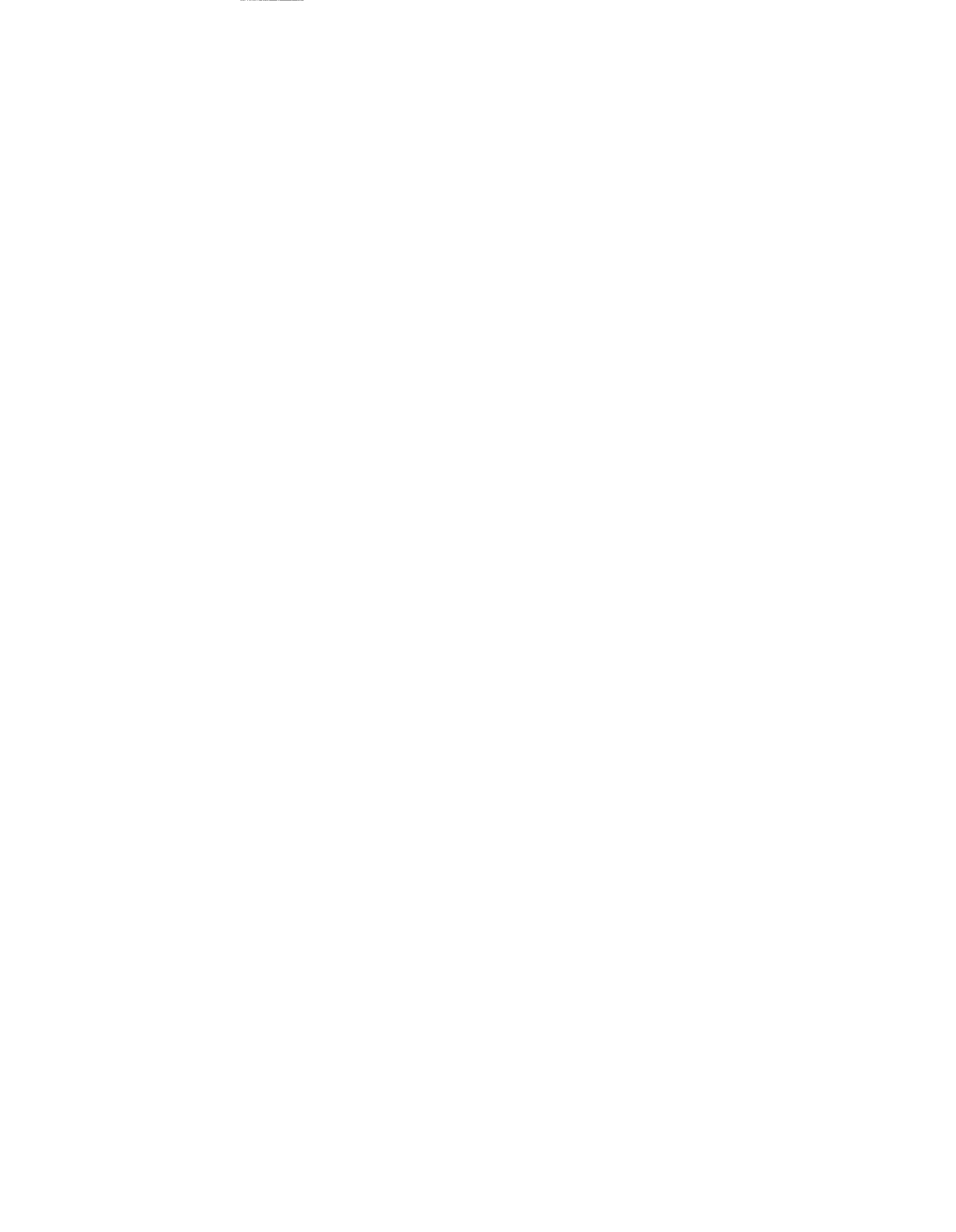| | - RECEIVED
- CLERK’S OFFICE
- STATE OF ILLINOIS
- PoHution Control Board
- TESTIMONY
- I am Bill Fleischli, Executive Vice
- President of the Illinois Petroleum
- Marketers Association. I represent
- the Illinois Petroleum Distributors
- who pay the $75 million in
- Environmental Fees that fund the
- U.S.T. Program.
- As I read the new proposal the IEPA
- has submitted to the Board, our
- members have some real concerns.
- The new proposal would require
- the use of less stringent clean-up
- objectives for my members
- property, while requiring that off-
- site impact be addressed using the
- most stringent regulatory
- requirements. The proposal rule
- change would only allow for the
- reimbursement to the lower
- standard on-site, making the owner
- pay out of pocket for additional
- costs if they choose to restore their
- property to a more stringent
- standard.
- Currently, the fund pays for
- reimbursement costs to clean up
- the property to comply with state
- statutes. The owner/operator after
- consulting with their engineers
- chooses the standard they want to
- use to clean up their property,
- based on use and land value. Now
- the IEPA wants to mandate they use
- the less stringent standard and once
- a “No further Action Letter” is
- issued to the property this incident
- will no longer be eligible for the
- fund. Should IDOT or future law
- changes require a phase study of
- the property, and contamination be
- to be cleaned up the property will
- not be eligible for reimbursement
- for that incident from the LUST
- fund. Even though the owner is
- still paying into the LUST fund, the
- owner would be liable, even
- though he is still paying into the
- fund this incident will not be
- covered by the fund. This is not
- fair or right in our estimation.
- The Illinois Petroleum Marketers
- Association is not against the tiered
- approach for clean ups. In fact, we
- lead the industry and the state with
- this approach about 10 years ago.
- What is wrong, is not allowing the
- owner of the property and the
- owner of the tanks the opportunity
- to make the right decisions for their
- particular piece of property and is
- shutting the owner out of the UST
- insurance fund after a “No further
- Action Letter” is issued for that
- incident even though he continues
- to pay into the fund. The IPMA
- believes this is not what the fund
- was originally set up to accomplish.
- These hearings should be left open
- and lender and real estate people
- should be asked to testify to the
- effect this rule change will have on
- property values.
- If a supposed shortage in the fund
- “is the reasoning for this proposal
- then I ask the agency to join the
- industry to help pass legislation
- that would prevent the Governor
- and General Assembly from taking
- any more dollars from the fund and
- help the industry pass legislation
- that would direct the Governor and
- General Assembly to pay the fund
- taken from the fund over the last 3
- fiscal years.
- Thank you and I will answer any
- questions you may have at this
- time.
|

Illinois Petroleum Marketers Association
Illinois Association of Convenience Stores
WM. R. DEUTSCH BUILDING
•
112 WEST COOK STREET
P.O. BOX 12020. SPRINGFIELD, ILLINOIS 62791-2020
PHONE: 217/544-4609
•
FAX: 217/789-0222
RECEIVED
CLERK’S OFFICE
Augustll,2004
AIlS 152004
STATE OF ILLINOIS
PoHution
Control Board
Ms. Marie Tipsord
Illinois Pollution Control Board
James R. Thompson Center
100W. Randolph, Suite 11-500
/
Chicago, IL 60601-3218
Dear Ms. Tipsord:
Thank you for allowing me to testify at the Pollution Control Board hearing that
was held on Monday, August
9th,
Please find a copy of my testimony for your files. I have had several
conversations with lenders and real estate agents, and based on what I told them about
IEPA’s proposed changes to the UST fund program they have voiced some real concerns.
Is it in your purview to request representatives from the Illinois Bankers
Association, and the Community Bankers Association of Illinois to testify before the
Board?
I think it would inform the Board and the industry the affect these changes
would have on real property values.
Thank you and I look forward to hearing from you.
Sincerely yours,
‘
~,
BILL FLEISCHLI
~
Executive Vice President
WILLIAM J. FLEISCHLI
EXECUTIVE VICE PRESIDENT
BF:jk
TESTIMONY
I am Bill Fleischli, Executive Vice
President of the Illinois Petroleum
Marketers Association. I represent
the Illinois Petroleum Distributors
who pay the
$75
million in
Environmental Fees that fund the
U.S.T. Program.
As I read the new proposal the IEPA
has submitted to the Board, our
members have some real concerns.
The new proposal would require
the use of less stringent clean-up
objectives for my members
property, while requiring that off-
site impact be addressed using the
most stringent regulatory
requirements. The proposal rule
change would only allow for the
reimbursement to the lower
standard on-site, making the owner
pay out of pocket for additional
costs if they choose to restore their
property to a more stringent
standard.
Currently, the fund pays for
reimbursement costs to clean up
the property to comply with state
statutes. The owner/operator after
consulting with their engineers
chooses the standard they want to
use to clean up their property,
based on use and land value. Now
the IEPA wants to mandate they use
the less stringent standard and once
a “No further Action Letter” is
issued to the property this incident
will no longer be eligible for the
fund. Should IDOT or future law
changes require a phase study of
the property, and contamination be
found and the property mandated
Back to top
to be cleaned up the property will
not be eligible for reimbursement
for that incident from the LUST
fund. Even though the owner is
still paying into the LUST fund, the
owner would be liable, even
though he is still paying into the
fund this incident will not be
covered by the fund. This is not
fair or right in our estimation.
The Illinois Petroleum Marketers
Association is not against the tiered
approach for clean ups. In fact, we
lead the industry and the state with
this approach about 10 years ago.
What is wrong, is not allowing the
owner of the property and the
owner of the tanks the opportunity
to make the right decisions for their
particular piece of property and is
shutting the owner out of the UST
insurance fund after a “No further
Action Letter” is issued for that
incident even though he continues
to pay into the fund. The IPMA
believes this is not what the fund
was originally set up to accomplish.
These hearings should be left open
and lender and real estate people
should be asked to testify to the
effect this rule change will have on
property values.
If a supposed shortage in the fund
“is the reasoning for this proposal
then I ask the agency to join the
industry to help pass legislation
that would prevent the Governor
and General Assembly from taking
any more dollars from the fund and
help the industry pass legislation
that would direct the Governor and
General Assembly to pay the fund
and the
$35-$40
million they have
taken from the fund over the last 3
fiscal years.
Thank you and I will answer any
questions you may have at this
time.








